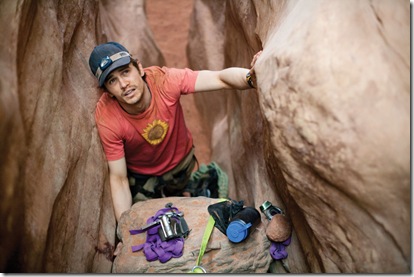Letting the Cage Rattle
 Friday, July 20, 2012 at 04:45PM
Friday, July 20, 2012 at 04:45PM July 21, 2012
"When something emotional happens in the present it opens up channels into that pool of the past. When you are skillfully focusing on the present emotion you are pouring clarity and equanimity down those channels — a main line into the deep mind. This gives the deep mind the fuel it needs to boil the poison away forever. The problem is that it takes a little while for a critical mass of clarity and openness to build up. When it finally does, the experience of 'I am suffering' turns into the experience of 'I am being cleansed.' But before this happens the feelings may intensify, but this is not inevitable. They may also dissipate just by focusing on them. It’s ironic that the biggest potential problem associated with focusing on emotional discomfort is closely linked to one of its most powerful payoffs: our cage may get rattled a bit before it collapses."
~ Shinzen Young, from Bringing the Monastery Home
See also: Setting the Stage
 Shinzen Young,
Shinzen Young,  catharsis,
catharsis,  clarity,
clarity,  emotion,
emotion,  equanimity,
equanimity,  feelings,
feelings,  kenosis,
kenosis,  memory,
memory,  pain,
pain,  past,
past,  suffering,
suffering,  transformation
transformation 











